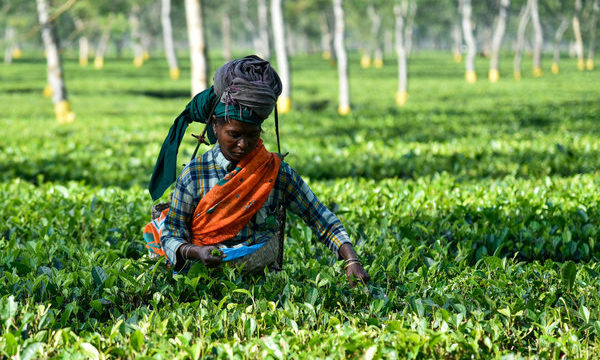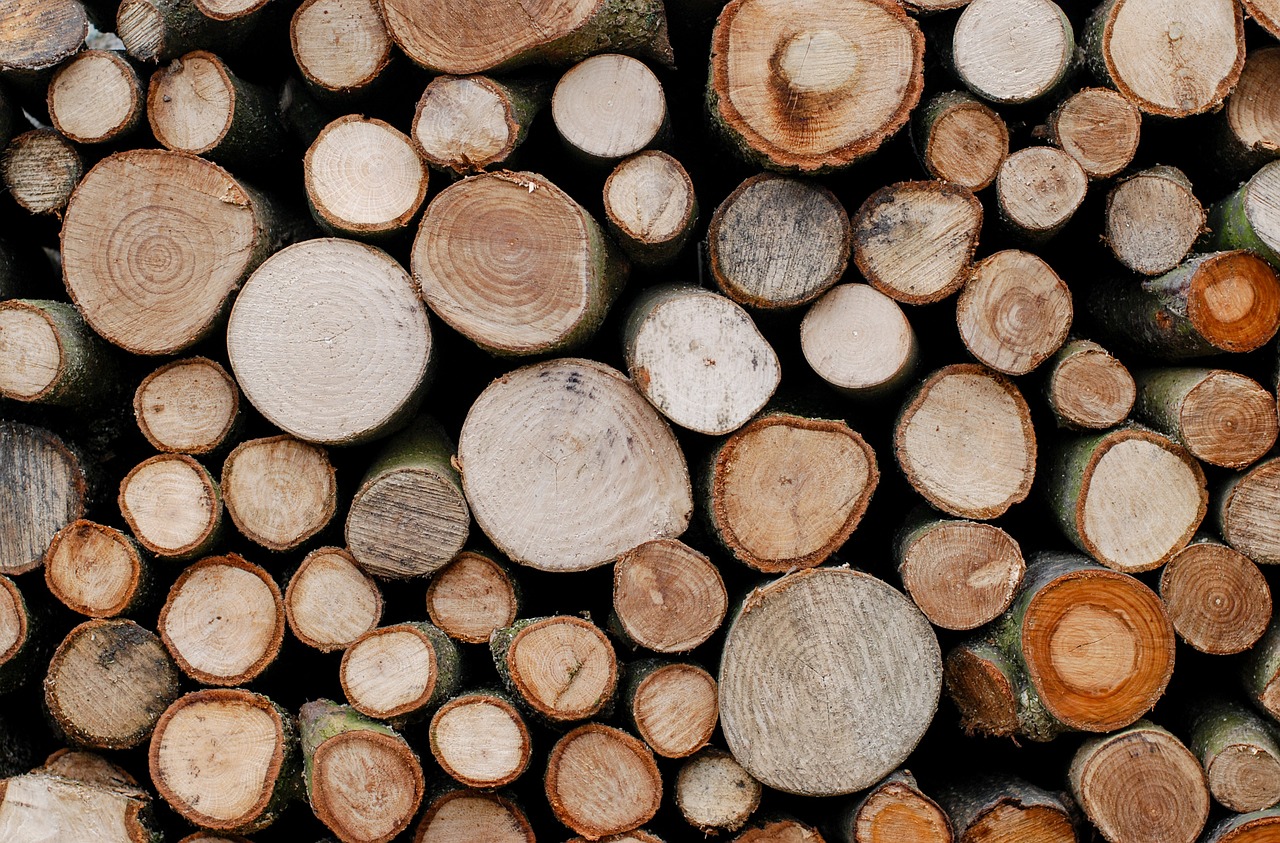
Palm oil fruits. Image credit: tristantan via Pixabay (CC0)
Nowadays palm oil has become ubiquitous as an ingredient across our supermarket shelves, from peanut butter to crackers it is in almost everything. It is also found in nearly half of all household products in developed countries. However, this is a relatively recent trend and given that the demand has increased so quickly, you have to wonder how it is being supplied at such a rate.
The answer is that there has been a rapid expansion of the crop globally but concentrated in South-East Asia, namely Indonesia and Malaysia with 85% of palm oil globally being produced in these countries. Whilst the crop is native to West Africa it will grow anywhere with a high enough level of rainfall and heat, helping to explain its spread. But what of the impacts in these countries which have so quickly accommodated this new wonder-crop? The answer, from numerous environmental NGOs perspectives, would appear to be bad news. Greenpeace has reported that 10 million hectares of peatland in Indonesia have already been drained to make way for highly profitable plantations. The most haunting images associated with this have been that of the displacement of orangutans from their native rainforest across Sumatra and Borneo. A recent documentary followed International Animal Rescue as they treated and re-homed stranded and orphaned orangutans (Red Ape: Saving the Orangutan). There are also social issues around the forest clearing as indigenous communities are being pushed from their land as people seek to cash in on this cash-heavy crop.
It is perhaps no wonder then that there is a great deal of public and NGO pressure, including Say No to Palm Oil and Greenpeace surrounding palm oil; enough to convince high street supermarket Iceland to remove the ingredient from all of its own-brand products by the end of 2018. In a blog post on the company’s website Mr Richard Walker said the following:
This announcement was greeted with support by the executive director of Greenpeace UK, John Sauven, who said:
“This decision is a direct response to the palm oil industry’s failure to clean up its act”
However this is far from the whole story and there have been less-than-pleased responses to this news including Human Faces of Palm Oil, a group which gives a voice to Malaysian smallholders in global debates and argues for recognition of the socio-economic value palm oil grants to producers. It reports that over 650,000 Malaysian smallholders have been able to rise out of poverty as a result of palm oil farming. The concern now is that the EU may decide to ban the crop under its Renewable Energy Directive (RED), greatly reducing the size of the global market.
It is also at pains to point out the fact that palm oil is actually the most efficient commercial oil crop stating that “palm oil uses fewer pesticides, less fertiliser and less land than replacement oils” including rapeseed and soybean. However some of the lower production costs are thought to be the result of cheaper labour in these countries.
One organisation seeking to mend palm oils reputation for deforestation is the Roundtable on Sustainable Palm Oil which certifies palm oil production according to a set of environmental and social criteria. The organisation currently has 3832 members which produce 12.56 million tonnes of certified oil each year; 19% of palm oil globally. The scheme targets protection of virgin and high conservation value forests and whilst has been shown to partially reduce deforestation it does not totally guarantee deforestation-free oil. A recent paper from Imperial College London has identified the complexity of palm oil supply chains as one contributory factor to the difficulty in identifying truly deforestation-free product.
The debate around palm oil is evocative on both sides; on the one hand, palm oil cultivation can bring economic benefits to poor communities and it has an efficiency greater than other common oil crops, however it is also directly linked to the clearing of pristine forest and peatland, endangering animal and human rights. Greater cooperation and transparency is needed between producers, processors and retailers if palm oil is to create reliably deforestation-free products. If the industry is unable to improve, Iceland may be the first of many retailers to ditch the palm oil.
If you want to read more on the debates around palm oil use the links below:
- Lyons-White, J. and Knight, A.T., 2018. Palm oil supply chain complexity impedes implementation of corporate no-deforestation commitments. Global Environmental Change, 50, pp.303-313.
- Pacheco, P., Gnych, S., Dermawan, A., Komarudin, H. and Okarda, B., 2017. The palm oil global value chain: Implications for economic growth and social and environmental sustainability (Vol. 220). CIFOR.
- Supply Change: Tracking Corporate Commitments to Deforestation-free Supply Chains, 2017
Other news pieces on palm oil:
Related News & Blogs
Providing for bees in forest regeneration projects
Photo ©David McClenaghan, CSIRO Restoring pollinator populations should be prioritised for long-term effectiveness in forest restoration programmes According to the World Bank, 1.3 million km2 of forest was lost to human activities between 1990 and 20…
12 February 2020


